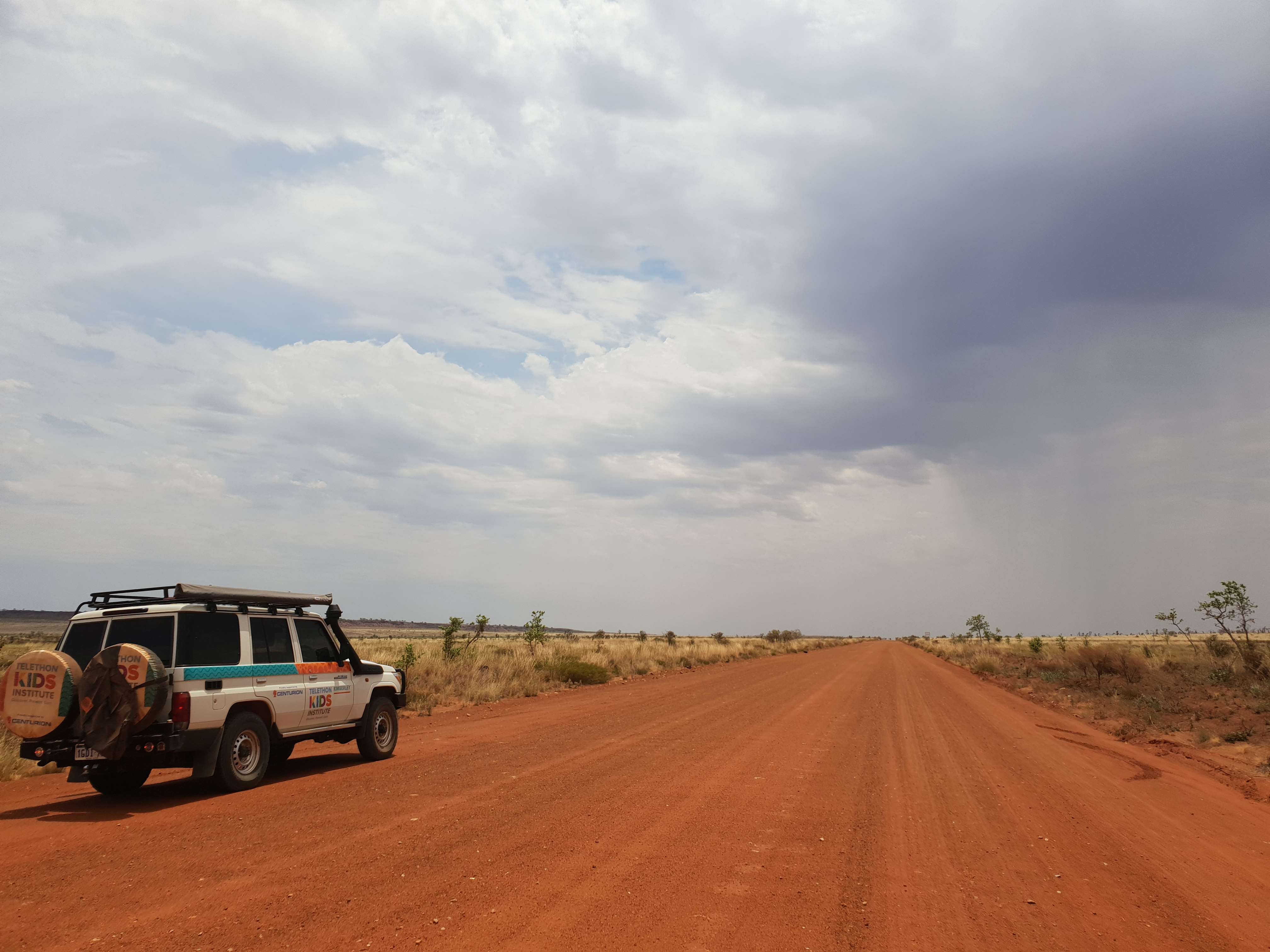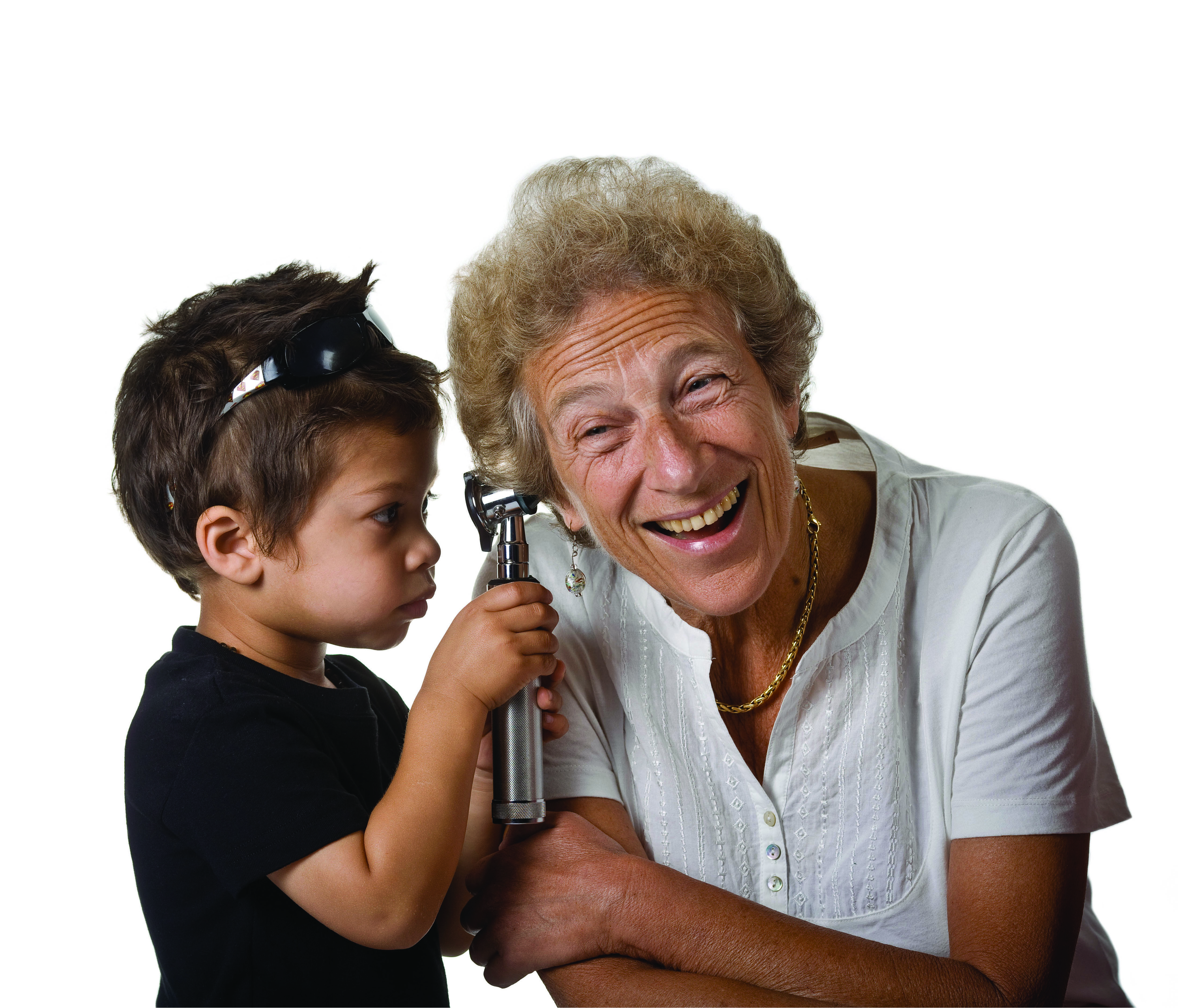Search
Research
Whole genome sequencing and molecular epidemiology of paediatric Staphylococcus aureus bacteraemiaThe role Staphylococcus aureus antimicrobial resistance genes and toxins play in disease severity, management and outcome in childhood is an emerging field requiring further exploration.

News & Events
Landmark study halves skin infections in remote Aboriginal kidsLed by The Kids Research Institute Australia and Aboriginal health organisations in close partnership with nine Aboriginal communities in Western Australia’s Kimberley region, the five-year SToP Trial set out to identify the best possible methods to See, Treat and Prevent painful skin sores and scabies.

News & Events
Deborah Lehmann Research Award OpportunityThe Deborah Lehmann Research Award in Paediatric Infectious Disease Research is a funding mechanism to support the training and development of early- to mid-career researchers (EMCR) or Higher Degree by Research (HDR) students who are nationals from the Pacific Region working in or outside their hom
Research
Morbidity of Scabies in Resource-Limited Countries: Rheumatic Heart Disease (RHD) and Post-Streptococcal Glomerulonephritis (APSGN)Scabies is one of the world’s most prevalent diseases, with approximately 147 million cases at any one time and an estimated annual incidence of 455 million new episodes. Although Group A streptococcal (GAS) pharyngitis has long been implicated in the pathogenesis of acute rheumatic fever (ARF) and subsequent rheumatic heart disease (RHD), impetigo caused by GAS has recently been postulated as a link between scabies and the pathogenesis of ARF.
Research
Research opportunities for the primary prevention and management of acute rheumatic fever and rheumatic heart disease: a National Heart, Lung, and Blood Institute workshop reportPrimary prevention of acute rheumatic fever (ARF) and rheumatic heart disease (RHD) encompasses the timely diagnosis and adequate treatment of the superficial group A Streptococcus (GAS) infections pharyngitis and impetigo. GAS is the only known inciting agent in the pathophysiology of the disease.
Research
Serological Responses to Streptococcus pyogenes Vaccine Candidate Antigens Suggests That Streptococcus dysgalactiae Is the Predominant Cause of Lower Limb CellulitisA future Streptococcus pyogenes (Strep A) vaccine will ideally prevent a significant burden of lower limb cellulitis; however, natural immune responses to proposed vaccine antigens following an episode of cellulitis remain uncharacterized.
Research
HipHop2SToP a community-led health promotion initiative empowering Aboriginal youth in the Kimberley region of Western Australia: a process evaluationFor millennia, Aboriginal people's ways of knowing, doing and being were shared through art, song, and dance. Colonisation silenced these ways, affecting loss of self-determination for Aboriginal people. Over the past decade in Australia, hip-hop projects have become culturally appropriate approaches for health promotion.
Research
Missing Piece Study protocol: Prospective surveillance to determine the epidemiology of group A streptococcal pharyngitis and impetigo in remote Western AustraliaGroup A β-haemolytic Streptococcus (GAS), a Gram-positive bacterium, causes skin, mucosal and systemic infections. Repeated GAS infections can lead to autoimmune diseases acute rheumatic fever (ARF) and rheumatic heart disease (RHD). Aboriginal and Torres Strait Islander peoples in Australia have the highest rates of ARF and RHD in the world.
Research
A pilot study to develop assessment tools for Group A Streptococcus surveillance studiesGroup A Streptococcus (GAS) causes pharyngitis (sore throat) and impetigo (skin sores) GAS pharyngitis triggers rheumatic fever (RF) with epidemiological evidence supporting that GAS impetigo may also trigger RF in Australian Aboriginal children. Understanding the concurrent burden of these superficial GAS infections is critical to RF prevention. This pilot study aimed to trial tools for concurrent surveillance of sore throats and skins sore for contemporary studies of RF pathogenesis including development of a sore throat checklist for Aboriginal families and pharynx photography.
Research
Addressing normalization using culturally relevant approaches: An important adjunct to reducing the burden of impetigo and scabiesImpetigo, a bacterial infection caused by Streptococcus pyogenes and S. aureus of the superficial dermis affects up to 162 million children at any one time. Three out of every five school-children in Samoa have active or recently healed impetigo, far higher than the global median impetigo prevalence surpassing previous estimates for the Oceania region.
